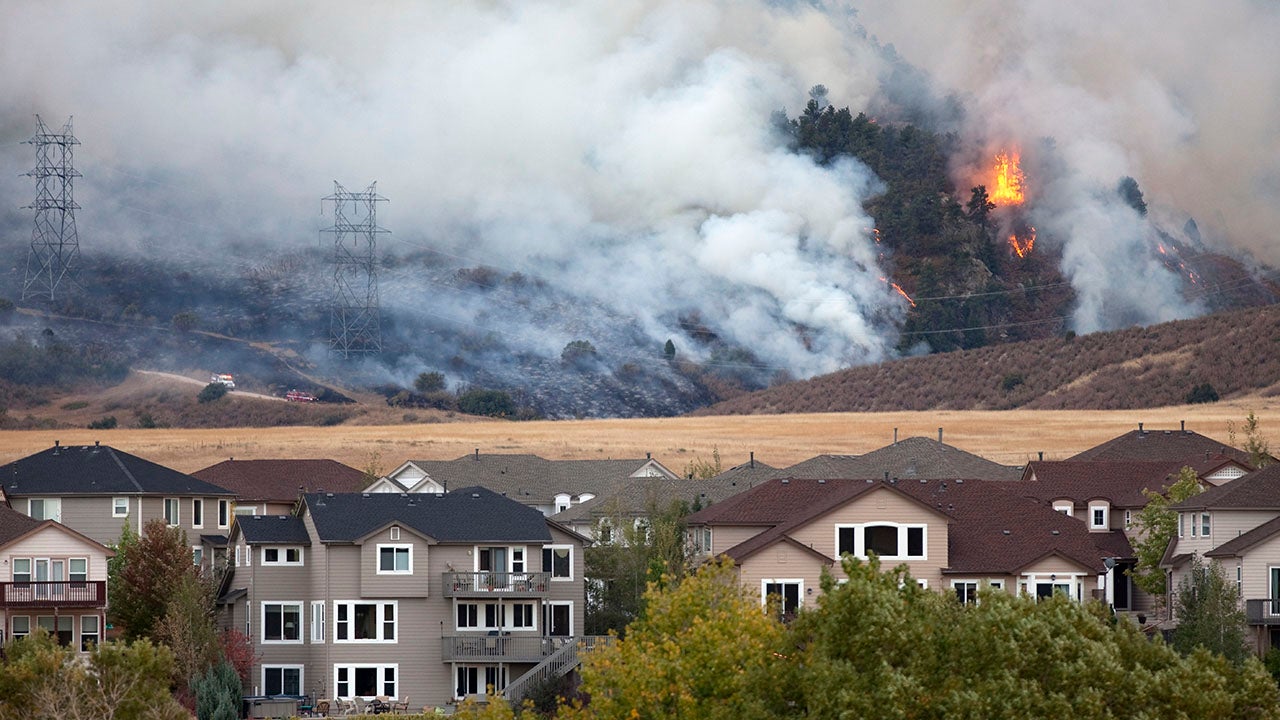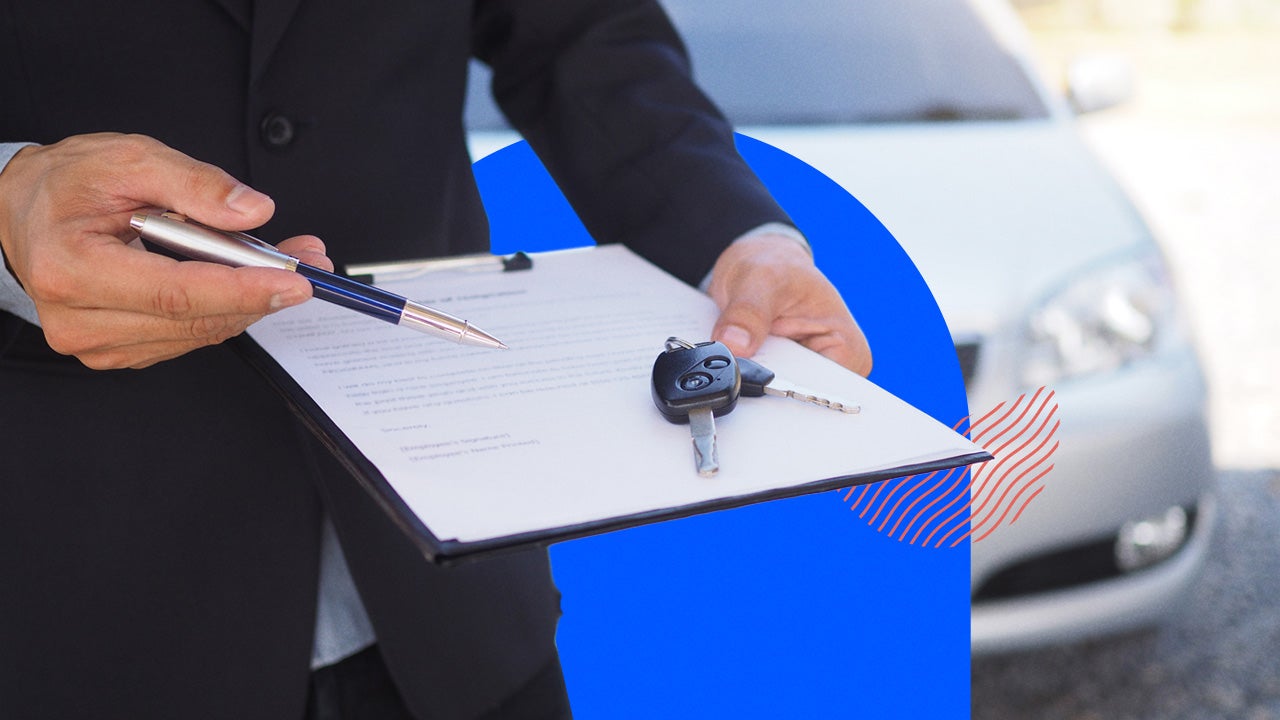If your car breaks down, will insurance cover a rental?

Trying to budget for a rental car is probably the last thing you want to worry about when your car breaks down. If your car breaks down due to regular wear and tear, insurance won’t cover a rental. However, if your car is out of commission while covered repairs are being done, your insurer will cover a rental car for a set period of time as long as you carry rental car reimbursement coverage.
How does rental reimbursement work?
Rental reimbursement works like other claims filed with your insurance company. When you file a claim for rental reimbursement, your insurer will extend coverage up to your coverage limits. The limit could be a total amount, like $900, or a set amount of $30 a day up to $900 total. There are different coverage limits for rental reimbursement, so experts recommend reviewing your coverage options with an insurance agent.
Here’s how rental reimbursement works:
- Purchase an endorsement for rental reimbursement. In most cases, an endorsement must be added to have rental reimbursement coverage, and it has to be added to each vehicle on your policy. Rental reimbursement provides coverage for claims filed under your comprehensive or collision insurance. Because of this, some insurers require both comprehensive and collision coverage on your policy; others only require comprehensive. If you only have comprehensive and not collision, you would not have rental reimbursement for accidents that fall under the collision category.
- File a claim. Depending on the insurance company, you can typically file a claim online, in person, over the phone or on the insurer’s mobile app.
- Check your coverage amount. Your rental reimbursement coverage will either cover you up to a specific dollar amount per day or a total amount. Find out your allotted amount before you rent a car so you know whether you’ll need to pay for anything on your own.
- Choose a rental car. Most insurance companies have partnerships with rental car agencies. If you go with one of the partnered companies, the insurer will pay the agency directly for your rental car. If not, you may have to pay for the cost up front and then get reimbursed by the insurance company.
- Confirm the details with the rental car agency. Before leaving with your rental car, go over what the costs will be, who pays and when you have to return the car. You will usually only have approval from the insurance company for the time it will take the shop to repair your car.
When does car insurance cover rental costs?
Car insurance will cover rental costs after a qualifying claim is filed and approved. However, you must already have rental reimbursement on your policy prior to the accident for there to be coverage. If you are not at fault, the other driver’s property damage liability insurance will likely pay for your rental car while your vehicle is being repaired.
When does car insurance not cover rental costs?
There are some instances when you may not be able to lean on your rental reimbursement coverage for your rental costs. For example, you may have two vehicles listed on your policy: a car and a truck. If only the car has rental reimbursement coverage, but the truck is in an at-fault accident that requires a rental, your rental reimbursement coverage would not apply.
Some other cases where rental car expenses are not covered include:
- Vacationing rental: If you are headed out of town and want to rent a car at your destination, you will have to pay rental fees out of pocket. Your policy would not cover rental expenses, regardless of whether your trip is for business or pleasure.
- Mechanical breakdown: If you are left carless because of a mechanical issue, rental reimbursement coverage does not step in. Instead, it only pays for rental car costs if your car is out of commission due to a covered loss.
- Routine maintenance: Similar to mechanical breakdown, if your car is in the shop for standard maintenance, your car insurance will not cover the costs.
How do I know if my insurance covers rental cars?
Rental reimbursement coverage is not standard in many car insurance policies, but several insurance providers offer it as an add-on or supplemental coverage. Insurance professionals recommend that drivers consider adding it as its price usually does not impact the cost of your car insurance policy very much. Plus, having this type of coverage can be valuable in cutting your costs should you be involved in an accident.
According to the Insurance Information Institute, vehicles are typically in the shop for an average of two weeks after an accident. If you rely on your car to get back and forth to work or for other daily needs, two weeks of rental car fees can easily add up when you’re paying out of pocket.
Even in cases where an accident is not your fault and rental expenses are covered by the other driver’s insurance, sorting out these details can take time. If you have your own rental insurance coverage, you’ll be able to get a rental vehicle right away while resolving the claims process.
Rental car reimbursement vs. other optional coverage types
To better understand rental reimbursement and loss of use coverage, it may be beneficial to differentiate the two from other similar-sounding or similar-functioning coverage types.
| Coverage type | Meaning |
|---|---|
| Rental reimbursement or loss of use coverage | Optional coverage that pays for a rental car if you are involved in an accident or experience damage that is covered by your insurer. |
| Rental car insurance | Standalone policies that cover rental cars if you are involved in an accident while driving a rental. In most cases, your auto insurance policy will extend coverage to your rental car to cover it like your regular vehicle. But you may need extra coverage if your insurer restricts this extension or your policy does not have comprehensive and collision coverage and you need it for your rental car. |
| Mechanical breakdown coverage | Optional insurance that covers mechanical breakdowns of a car’s internal parts, like its transmission or drivetrain. It does not cover general maintenance, so you may want to consider its inclusions before purchasing it. Mechanical breakdown coverage does not include rental car reimbursement coverage. |
Frequently asked questions
Why we ask for feedback Your feedback helps us improve our content and services. It takes less than a minute to complete.
Your responses are anonymous and will only be used for improving our website.
You may also like

Does homeowners insurance cover wildfire damage?

Does homeowners insurance cover snow damage?

Rental car insurance: Do you need it?

Does car insurance cover theft?


